Tag: agriculture
-
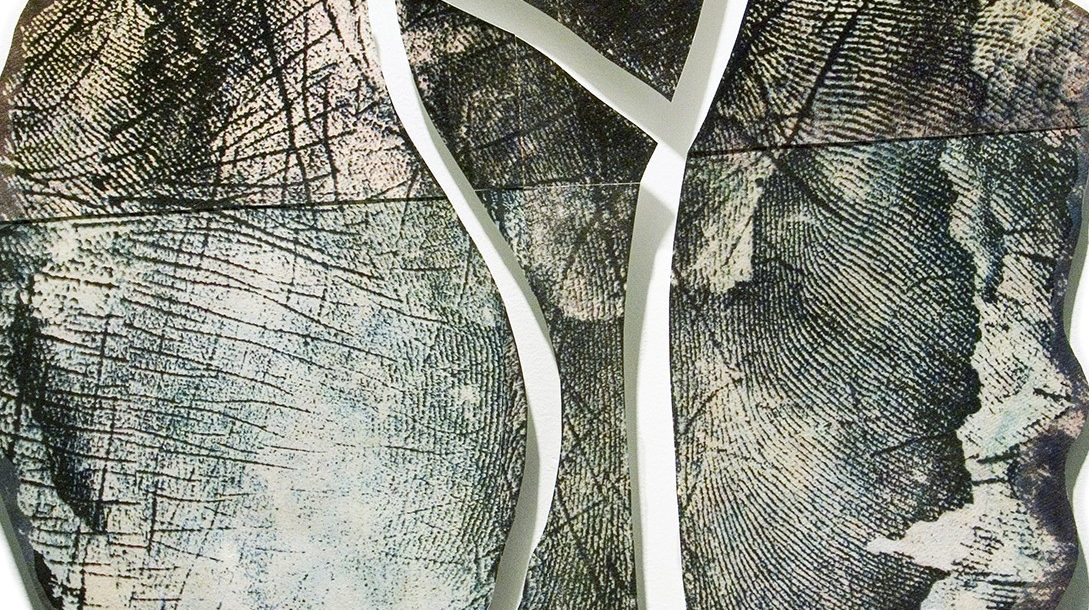
Epiphaneia
Rituals; Too Full of Vermouth and Cigarette Smoke: two poems from Epiphaneia, the 2019 collection from OCM Bocas Prize-winner Richard Georges.
-
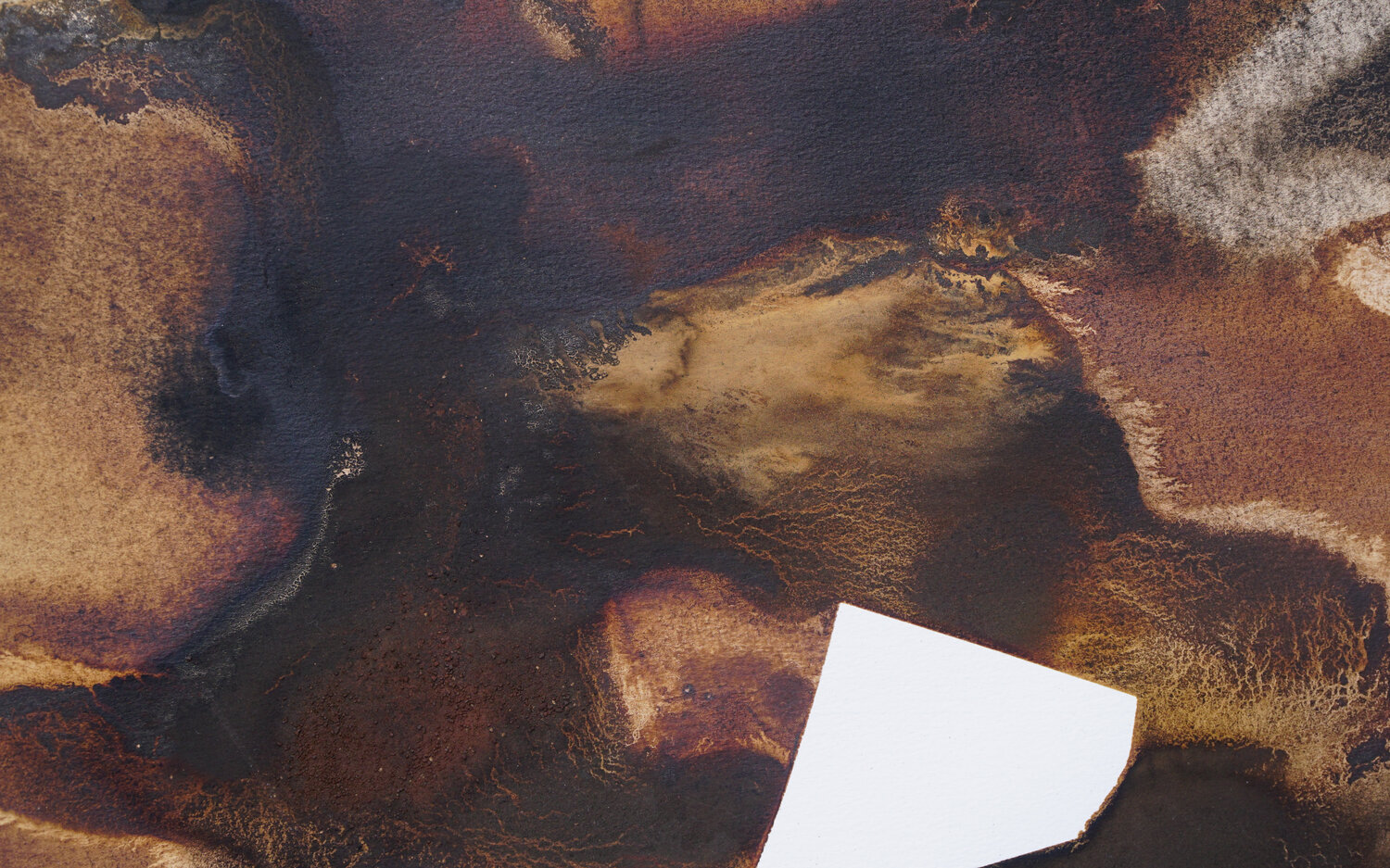
Placemaps
Daegan Miller, author of This Radical Land, on moving house, making maps, and finding home – from Massachusetts to Wisconsin to New York and back again.
-
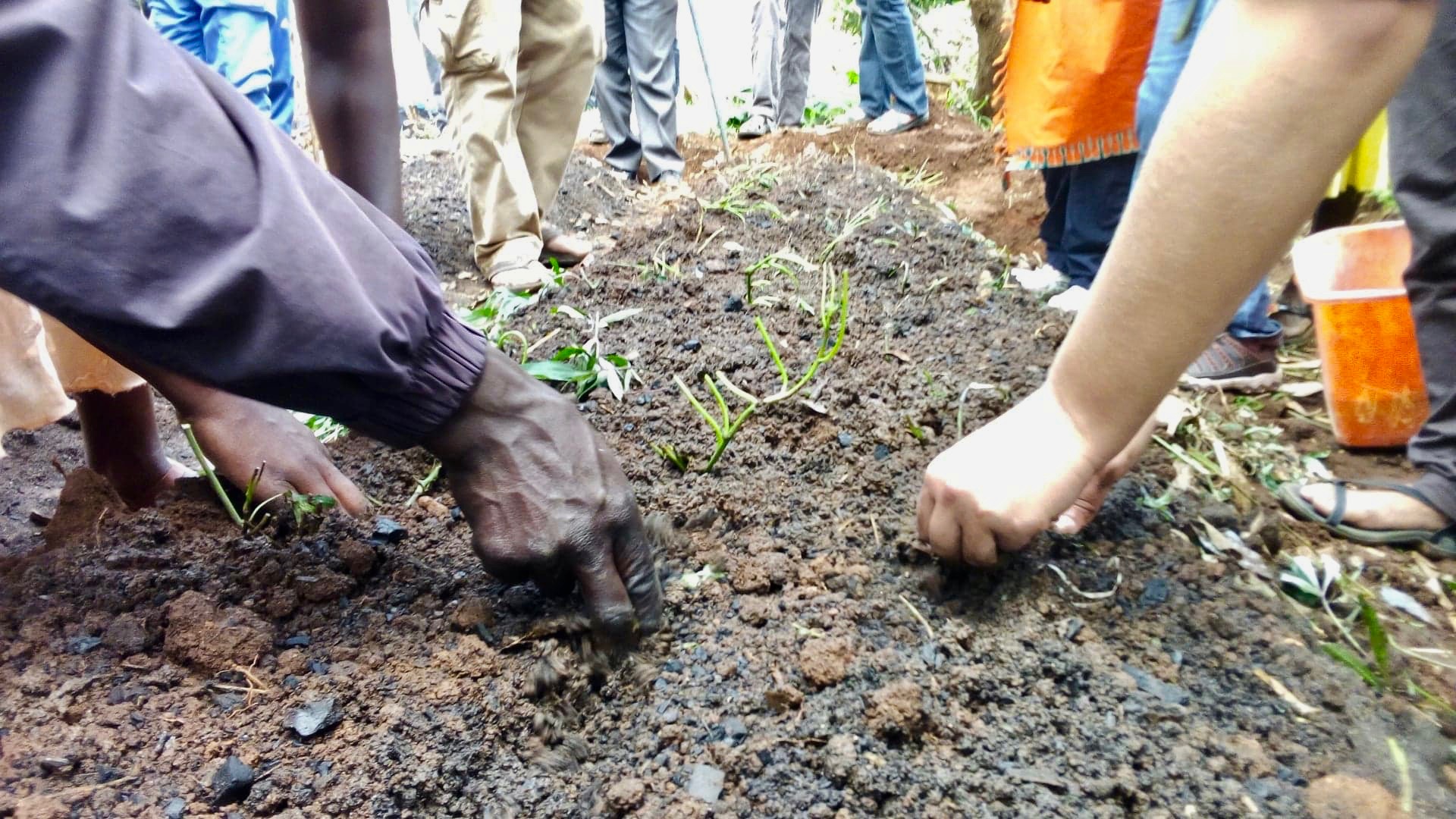
Compassionate Climate Activism
Vermont-based environmental and social justice advocate Chris Gaynor on the compulsion to protect, educate and care for our species.
-

Field notes from a place that does not remember
New writing on landscape and memory by Dave Borthwick, a self-described ‘tramper of fields and stander in the rain’ who lives in Dumfries and Galloway, Scotland.
-

(on)zichtbaar
“If we open our eyes and look further, we realize a mistake has been made, and the wrong story has been told.” Words: Marloe Mens. Photography: Kiki Muyres.
-

Observation Journal
In WWII, Nazis and Soviets fought for control over a seed collection. Now, artist Sergey Kishchenko plants fields to reconstruct these forgotten histories.
-
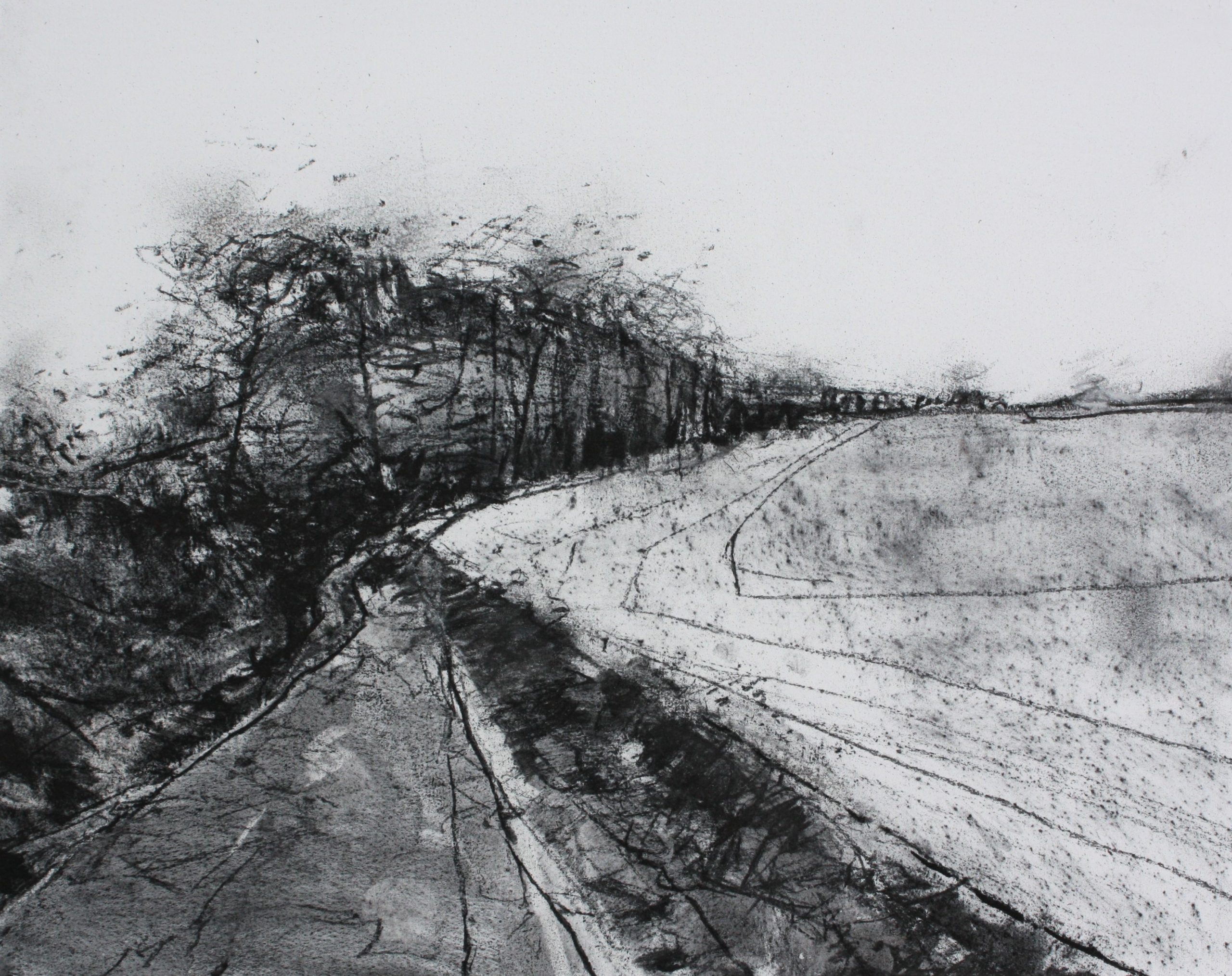
August & Grain
The fields were sudden bare – John Clare Across the field, a half-mile or more away – across a dry liquid rustle of oats – a combine moves … slow as a clock. Its smoke-& -dust plume flags its position as it cuts the first swath close to the headland’s hedge…
-
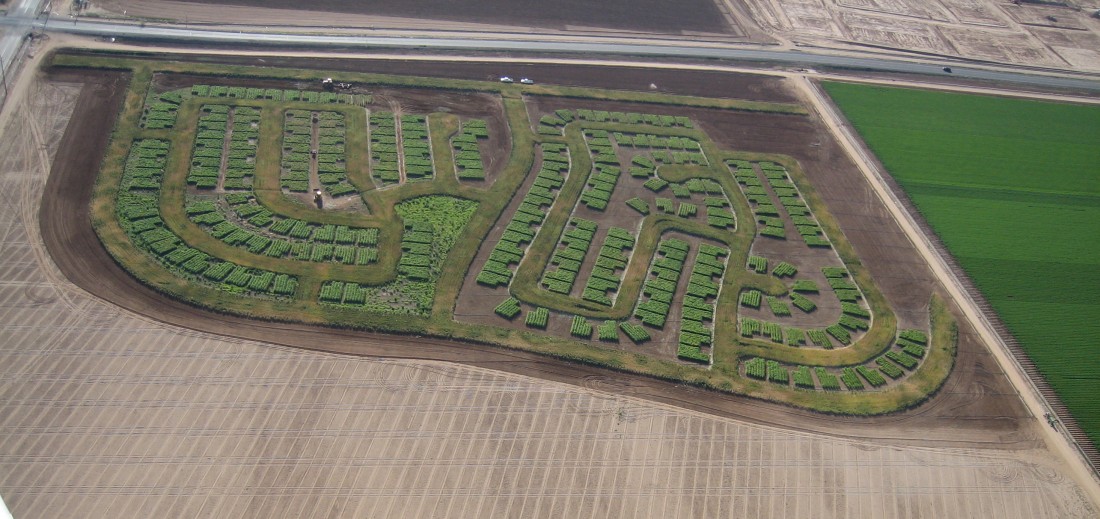
Farming Awareness
Visionary Farms In 1969, House & Garden magazine commissioned Patricia Johanson (b. 1940) to design estate gardens. In the letter inviting her to design gardens, landscape architect James Fanning clearly anticipated her using gravel, water, concrete blocks, wood or metal, rather than the natural materials her gardens deploy. When one examines the nearly 150 drawings…
-

Kenyan Roses for the Kingdom
During a residency in London in 2019, I developed a research and artistic project around the cut rose industry in Kenya. This was linked to on the one hand to the biography of wildlife activist Joan Root and on the other to past British colonial entanglements that are nevertheless still valid and problematic until today….
-
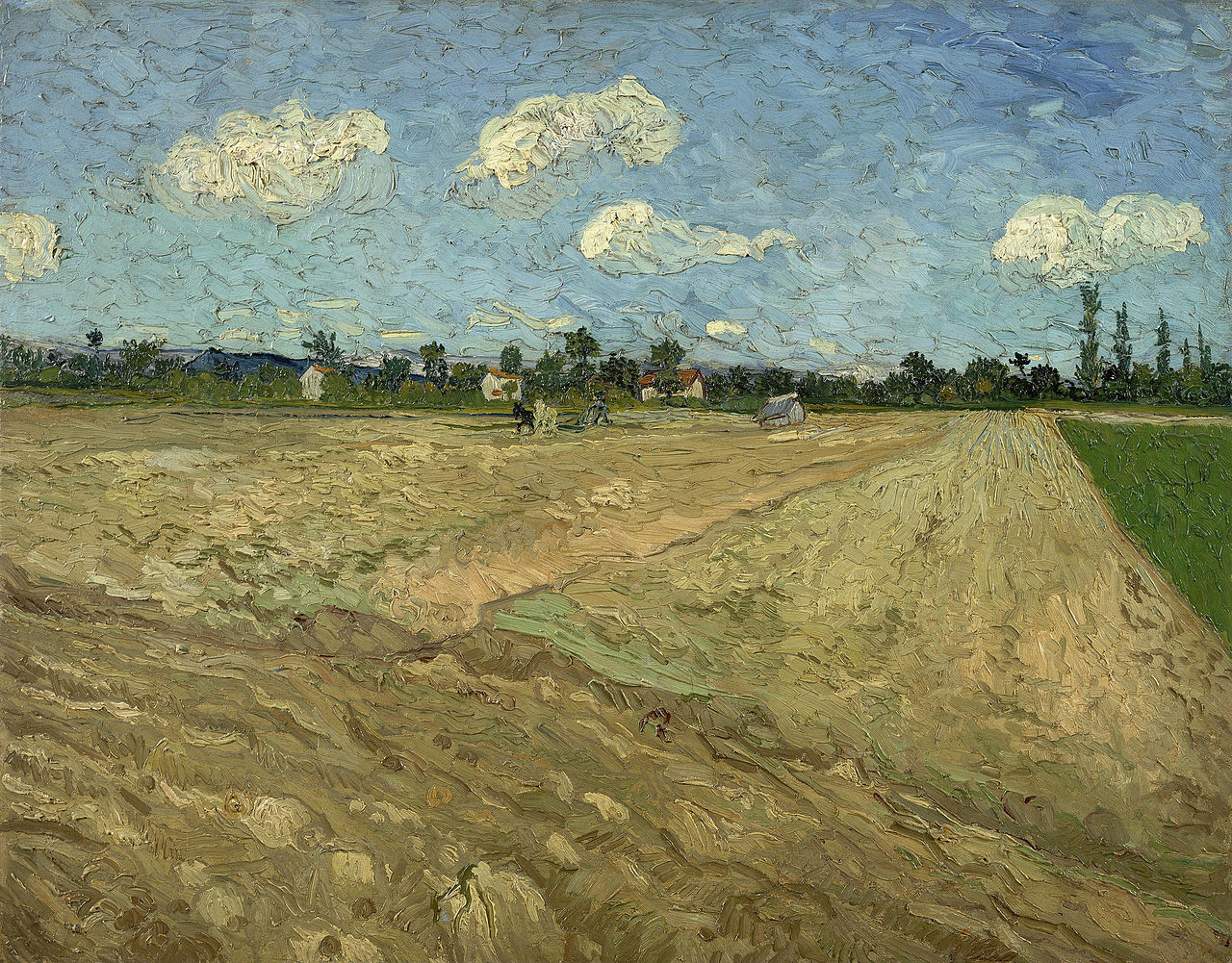
Cereal
Once, more than 10,000 years ago, Triticum – cereal – was a wild-growing genus with many varieties. Due to their nutritious grains, some of these varieties were cultivated by humans. The resulting access to a more structured food source lead to a whole new form of living, eating and digesting. A process that simultaneously affected…
-

Enemy of the State
Botanical illustrations of the early modern period (1550-1800), the “big science” of their day, served as documentation of useful plants found in colonial territories. Plants such as tobacco, sugar cane, cinnamon, cotton and tea were but a few items deemed reliable “cash crops” during this era of global economic expansion. Botanical illustrations led the way…